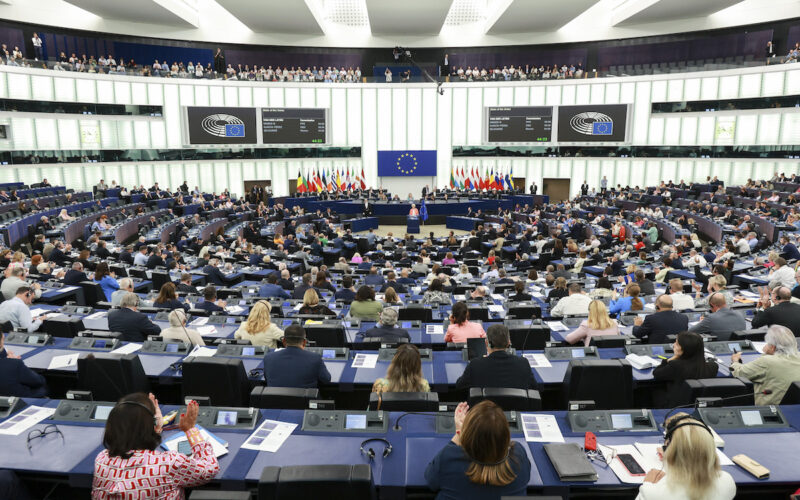On September 13, 2023, Members of the European Parliament (MEPs) approved the ReFuelEU Aviation initiative, which aims to drive the adoption of sustainable aviation fuels (SAF) in the European Union.
This piece of legislation is part of the “Fit for 55” package, a part of the European Green Deal that aims to reduce greenhouse gas emissions by at least 55% compared to 1990 levels.
The new piece of legislation was passed with a broad majority support of 518 votes in favor and 97 against. Eight MEPs abstained.
After ratification by the European Council most of the new rules will come into force on January 1, 2024.
The new directives set binding targets for the uptake of sustainable aviation fuel (SAF) in the commercial aviation industry. The minimum SAF content to be delivered at EU airports will start by 2% in 2025 and will progressively increase to 6% in 2030, then 20% in 2035, 34 % in 2040, 42% in 2045, and 70% in 2050.
For 10 years, there will be a transition period allowing industry players to meet these goals as an average of their total fuel consumption, without delivering these percentages of SAF at each airport.
In addition, ReFuelEU will also define which biogenic aviation fuels count towards the achievement of this target. Fuels made from feedstocks suitable for food production or those that do not meet sustainability criteria (for example, those based on palm oil) are not accepted.
ReFuelEU will also set sub-targets for synthetic fuel adoption within the general mandate. Uptake of synthetic aviation fuels, also known as “e-Fuels”, will need to be 0.7% in 2030, with the minimum increasing to 5% in 2035, 10% in 2040, 15% in 2045 and 35% in 2050.
As part of the compliance and supervision mechanism, starting in 2025 aviation companies in the EU will also have the obligation to report their use of sustainable aviation fuel based on several parameters established by the authorities.
In January 2027, the European Commission (EC) will present a report to the European Parliament, detailing the results of the implementation of these policies. The targets and goals may then be revised in line with the findings.

